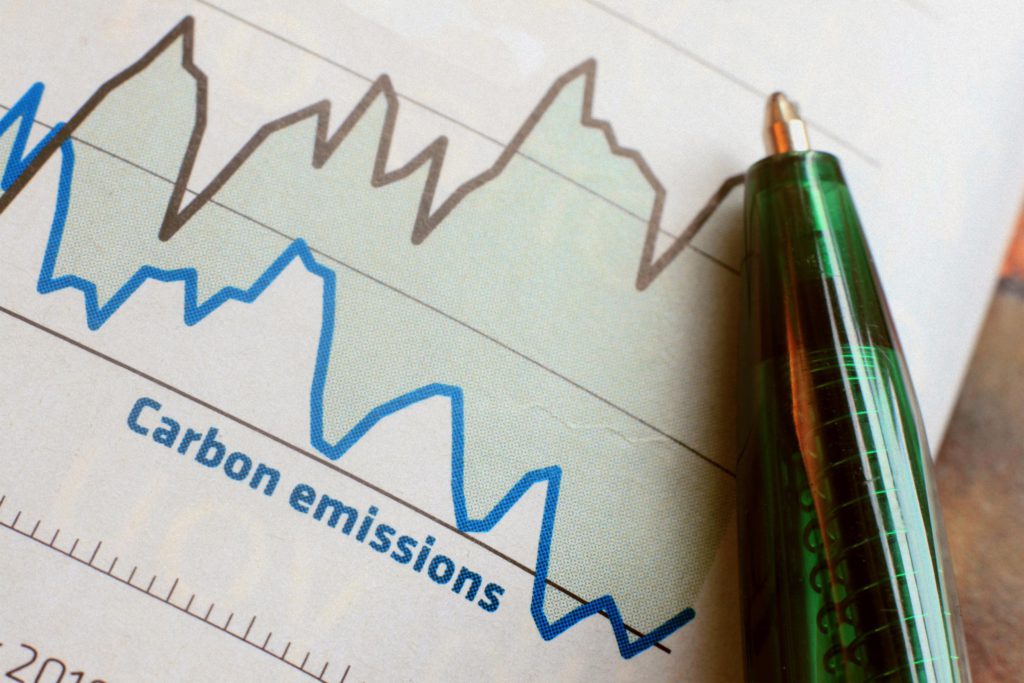CO2 concerns may see models axed post-Brexit
13 January 2020

13 January 2020
Carmakers could pull some models out of UK showrooms following Brexit, as the country goes it alone with CO2 targets.
Following the anticipated 31 January split, the UK will adopt a number of EU laws as its own. This includes the 2021 CO2 rules, which call for an average of 95g/km across vehicle fleets, a move that will remove a European-wide average from the market, focusing it entirely on UK sales and making it harder to achieve.
At present, British drivers favour SUV models, and with the decline in popularity of diesel, these heavy, non-aerodynamic vehicles are increasingly petrol-powered. While these sales could be offset by smaller-vehicle model sales in other countries, with the UK going it alone, manufacturers are worried about the potential fines of not meeting the average target.
Fine worry
Speaking to The Guardian newspaper, SMMT chief executive Mike Hawes commented: ′Carmakers will have to look at their model mix to see whether that is economic. The fines are going to be severe, and all of them will do everything they can to avoid that.
′It could be that you see a reduction in consumer choice through the removal of higher-emitting vehicles from not just the top end, but particular segments.’
Carmakers breaching their individual CO2 targets will pay fines of €95 for every gram over their limit, multiplied by the number of cars sold in both 2020 and 2021. Average UK emissions were 127.9g/km in 2019, the SMMT said, 35% above the 95g/km target for 2020 and 2021. The UK is planning to adopt the EU fine structure after Brexit.
Silver lining
While pulling models may come as a blow to the industry, which is already suffering from falling sales, it could ultimately be a boost to the UK’s environment. It is likely that to reduce CO2 levels quickly, the heaviest polluters would be axed. With cars accounting for over 18% of UK emissions, and the transport industry vital to the country’s plan of reaching zero emissions by 2050, the move could be a first step on the journey.
Yet the implementation period for Britain to adopt EU laws is the end of 2020, meaning carmakers will have to make their model decisions sooner, rather than later. This could also pose a problem, as many may concentrate their electric-vehicle sales efforts on the EU, rather than the UK. With a larger spread to average across, the 95g/km target would be easier to reach, especially with the CO2-heavy UK out of the equation. Therefore, heavily pushing EV sales could bring a manufacturer’s average down to a point where fines will be minimal if required at all.
This would leave the UK without some of its more popular vehicle options, and nothing to replace them, a move that could see sales fall further, and the used-car market increase as drivers ditch older models for second-hand versions of those they want. Such a move would be counterintuitive to reducing CO2 levels in the country, which rose for the third year in succession during 2019.